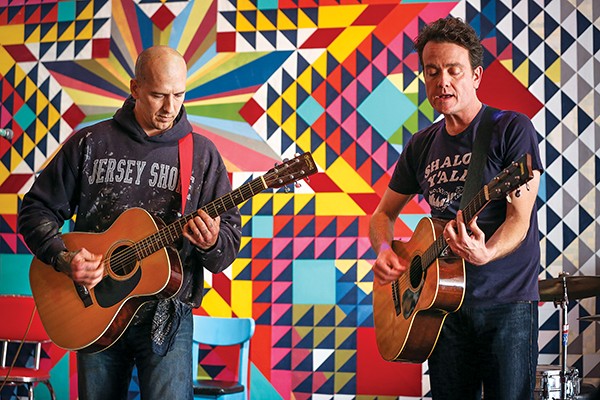J.D. Reager, who has written extensively for the Memphis Flyer, has been making things happen in the Memphis music scene for most of his life. The founder of the Rock for Love benefit concerts for the Church Health Center over a decade ago and a key player in the Makeshift Music collective and label, he’s been an often-underrecognized presence on the scene.
But if you think that ended when he moved to Chicago in 2017, think again. Though he is fully owning his new adopted home as never before, he continues to fuel the flames of the Memphis-Chicago connection. When Chicago music fans look across the landscape for inspiration, Memphis looms large on their horizon. It’s something Reager is aware of now more than ever.
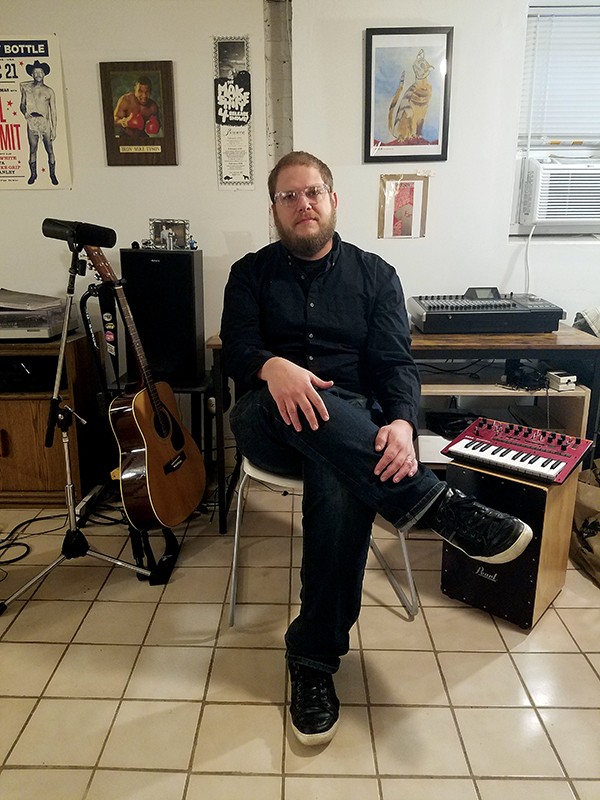 Jennifer Brown Reager
Jennifer Brown Reager
Back to the Light host J.D. Reager
“I noticed when I moved up here, a lot of my Memphis ‘credits’ that didn’t mean shit in Memphis at all, to anybody, suddenly meant something to somebody,” he notes. “One of my managers at Reckless Records told me the Pezz record I played on was one of his all-time top five favorite records. When I tell folks that I know Jeremy Scott, they think that shit’s a big deal. And most of the bands I’ve played in have had better shows in Chicago than in other places. I can’t explain the connection, but it’s definitely there.”
Reager himself is helping stoke continued interest in Memphis music through his Back to the Light podcast, produced from his Chicago basement. Scanning through the list of interviewees reads like a who’s who of Memphis music. Local stalwarts such as Graham Burks, Joshua Cosby of Star & Micey, Oxford/Memphis phenom Ben Ricketts, and Music Export Memphis founder Elizabeth Cawein are just a few examples.
“That’s who my friends are, that’s where I’m from,” explains Reager. “And that’s gonna continue. My next interview will be with Ross Johnson. Even some of my outside interviews have Memphis connections. Like Ken Stringfellow [the Posies founder who joined the latter-day Big Star]. Dave Catching [Eagles of Death Metal, Queens of the Stone Age], who played with [legendary ’80s rockers] the Modifiers, has Memphis connections. Everything I do comes from Memphis. It’s still in my heart, even though I’m not there. I feel, in a weird way, more connected to it now than I did when I was living there.”
But Back to the Light isn’t the only expression of Reager’s deep roots here. It’s not even the only podcast. “Back to the Light is not just gonna be a show. We’re gonna have a podcast network, with three shows: Back to the Light, The Jack Alberson SongStory podcast, and, starting in September, we’ll have the first episode of a monthly Shangri-La Records podcast.” Beyond that, his Back to the Light record label will be launching a new series of releases in November. “I need to make a list of everything I have going on,” he says, “because it’s a lot.”
The label will be similarly Memphis-centric, beginning with older recordings Reager made with his Memphis band, Two Way Radio. “We were in $5 Cover, the Craig Brewer show. And we made a record with Scott Bomar. That was 10 years ago. It never came out, but it’s coming out in November.” Look for records by Alyssa Moore and Reager himself next year on the Back to the Light label.
A life centered on Memphis music comes naturally to Reager. He sees it as having been inevitable. “My late father, John Paul Reager, was one of the many bass players of the Modifiers, and was also the soundman at the Antenna Club in the ’80s and early ’90s. He was better known as the guitar player in the Blues Alley Orchestra. He played with B.B. King and Rufus Thomas and every famous blues musician who came through Memphis in the ’80s. There was a John Paul Reager day in the city of Memphis in, like, 1984. I probably had no choice in the matter. I’m not built for much else.
“But,” adds the lifelong fan of the Modifiers, “I think of [Modifiers founder] Bob Holmes as my true spiritual father. I feel like I’m carrying on his legacy, not my dad’s.” Since Holmes’ death last fall, “something has awakened inside of me that’s been closed off for a long time. It’s lessons learned from Bob, honestly. Time’s too short. We need to get this shit out while we’re still alive.”
Visit backtothelight.net for more information and J.D. Reager’s Patreon page to contribute.
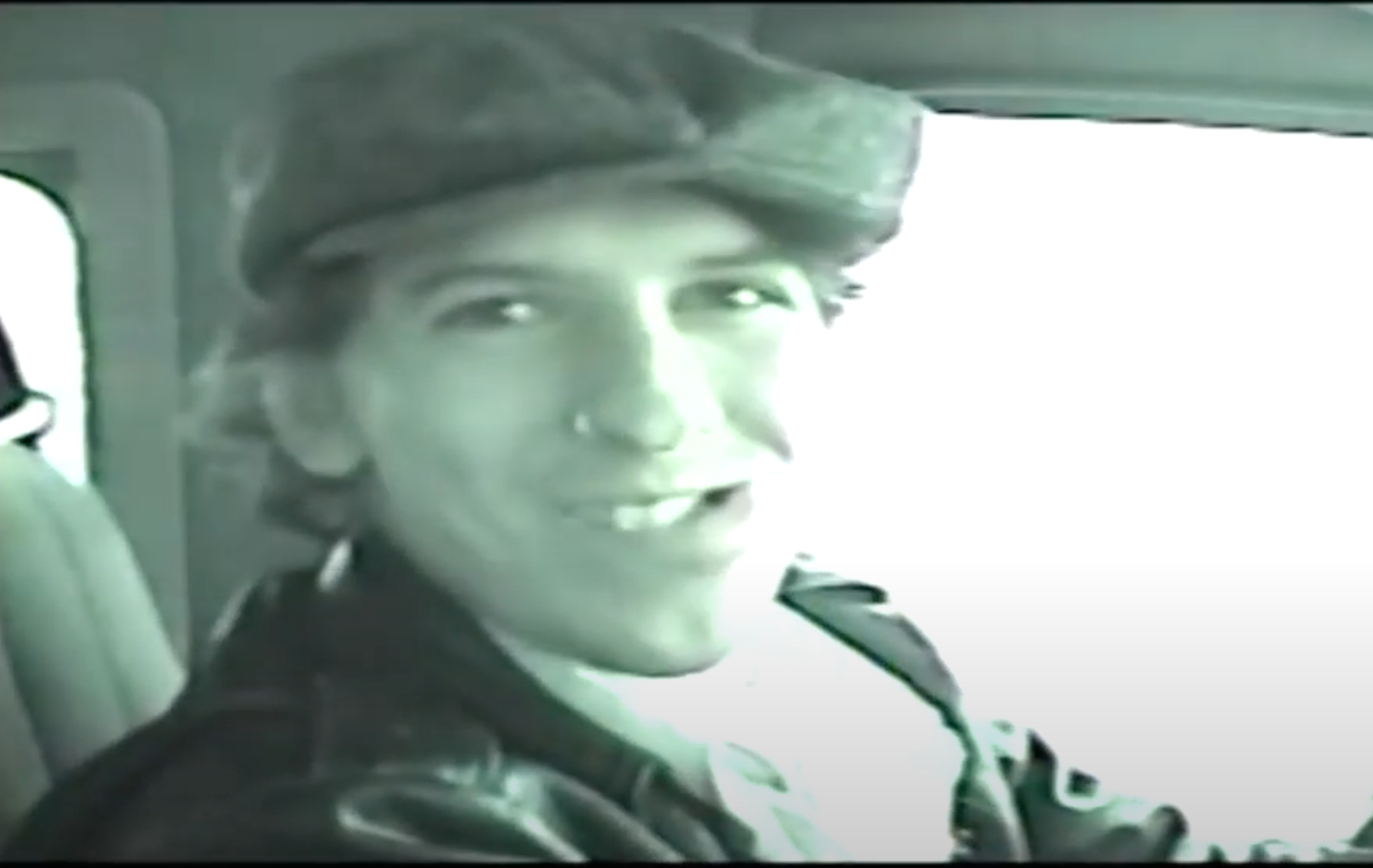
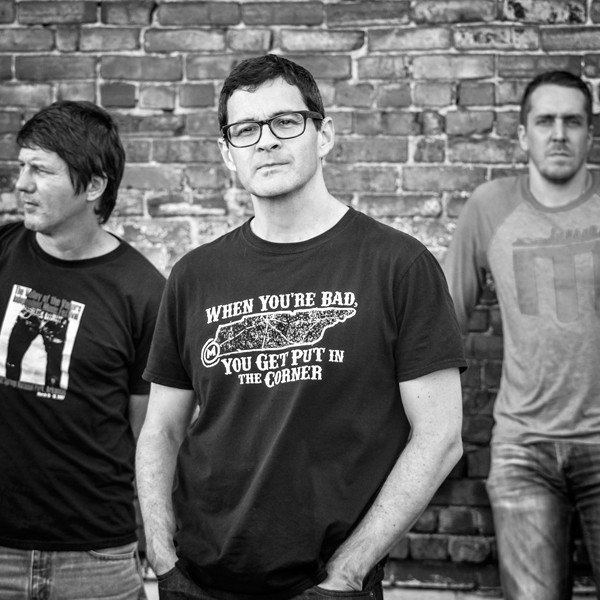
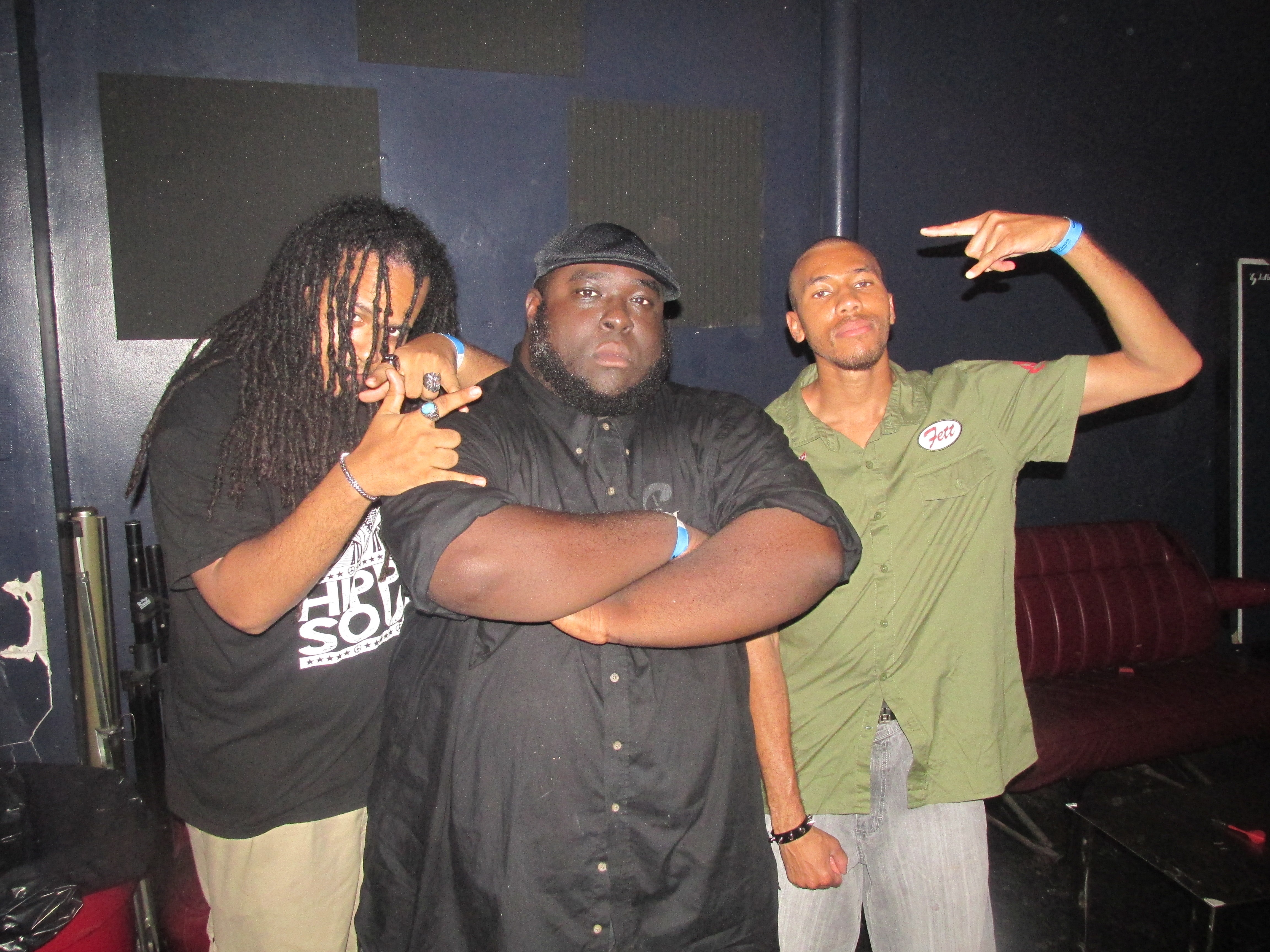 Michael Donahue
Michael Donahue 